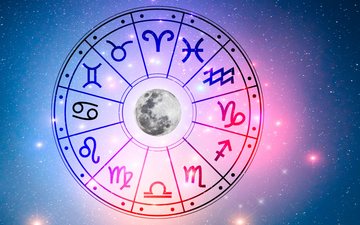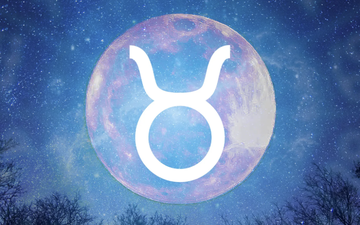
We have yet to see chestnuts being roasted on the street by street vendors, but few forget their aroma when roasted or their taste when consumed boiled. Let's face it, we've all been tempted by the white paper buckets containing chestnuts, one of autumn's favorite fruits.
Many choose those that are baked on the street, others cook them in the fireplace at home, others pass them in a pan, and others prefer boiled.
But what should you know about their benefits and side effects?
- They give energy
A handful of chestnuts have 25 grams of starch, i.e. sugars that are absorbed very slowly by the body, allowing blood sugar levels to be stable. For this reason, if you are a few minutes before the gym, 4-5 chestnuts are enough, which give energy and resistance.
- They affect the health of the intestines
Chestnuts contain a good amount of fiber: in 100 grams there are almost 5 grams of fiber. This directly affects the intestinal system and regulates their functioning.
-Goodbye to muscle cramps
Chestnuts also contain mineral salts. In particular, they are very rich in potassium, which helps prevent cramps and helps muscles function.

Do chestnuts make you fat?
The starch found in chestnuts, during their boiling or baking, is partially transformed into sugar, which is undoubtedly an enemy of the scale. Those following a weight loss diet should consume chestnuts in moderation: 4-5 kernels per week.
If the chestnuts are undercooked or poorly cooked, the starch remains undigested, creating digestive problems. You may feel discomfort or discomfort in your stomach.
Those suffering from colitis, bloating and stomach pain should avoid eating them.

Do chestnuts have calories?
Chestnuts have 84% carbohydrates, 9% lipids and 7% protein, so they are low in calories. But, the way you cook them affects a lot. Roasted chestnuts have fewer calories, say nutritionists.
Source: Grace





